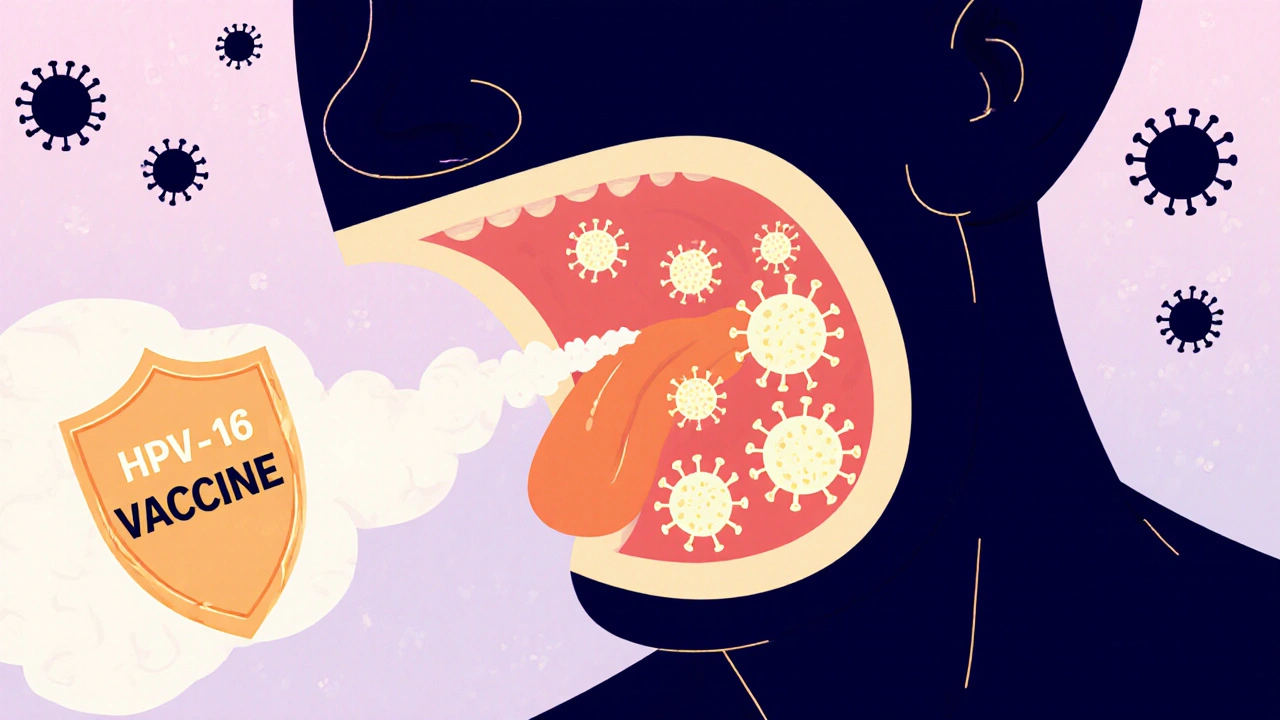When you hear HPV vaccine, a preventive shot that protects against infections from human papillomavirus, a group of over 150 related viruses. Also known as Gardasil or Cervarix, it’s one of the few vaccines that can stop cancer before it starts. The most dangerous types of HPV don’t cause warts—they cause cell changes that turn into cervical, throat, anal, and other cancers years later. That’s why getting vaccinated isn’t just about avoiding an infection—it’s about avoiding a diagnosis you didn’t see coming.
The human papillomavirus, a common sexually transmitted infection that affects nearly everyone at some point doesn’t always cause symptoms. Most people clear it naturally, but about 10% of infections stick around and start damaging cells. The cervical cancer prevention, the primary goal of the HPV vaccine, which targets the strains responsible for 90% of cervical cancers works by teaching your immune system to recognize and destroy those dangerous strains before they ever take hold. It’s not a treatment—it’s a shield. And it’s most effective when given before exposure, which is why health experts recommend it for kids as young as 9.
It’s not just for girls. Boys get it too. The same strains that cause cervical cancer also cause cancers of the mouth, throat, and penis. Men can spread HPV without knowing it. Vaccinating both genders cuts transmission across the board. And it’s not just about young people. The vaccine is approved up to age 45, and if you’ve never been vaccinated, it’s still worth talking to your doctor—even if you’ve had an HPV infection before. The vaccine covers multiple strains, so you might still be protected from ones you haven’t caught.
Some people worry about side effects. The most common are soreness at the shot site, dizziness, or a quick headache. Serious reactions are extremely rare. The data from over 150 million doses given worldwide shows it’s safe. It doesn’t cause infertility, autism, or long-term health problems. What it does do is lower the number of abnormal Pap tests, precancerous lesions, and cervical cancers in vaccinated populations by up to 90% in countries with high coverage.
It’s not magic. You still need regular screenings if you’re over 21. But the HPV vaccine is the best tool we have to stop cancer before it begins. The posts below cover everything from how the vaccine works at a cellular level to how insurance handles coverage, what to expect during the shots, and why some people still avoid it despite the evidence. You’ll find real answers—not myths, not marketing. Just facts about how this one shot can change your long-term health outcome.
Posted by
Jenny Garner
13 Comments

HPV causes throat, anal, and other cancers - but they’re preventable. Learn how the HPV vaccine works, who needs it, and why screening still matters for women. Most cases are avoidable with simple steps.
read more